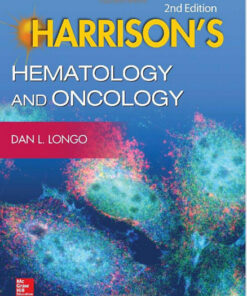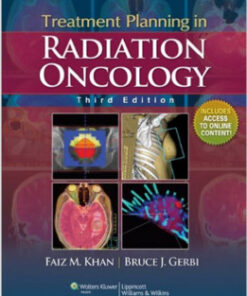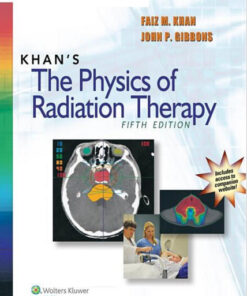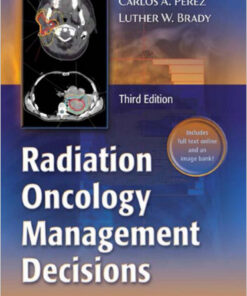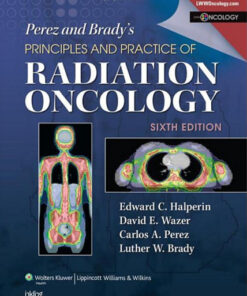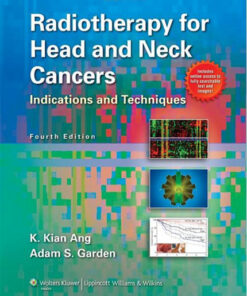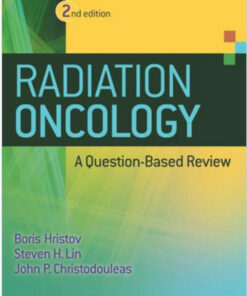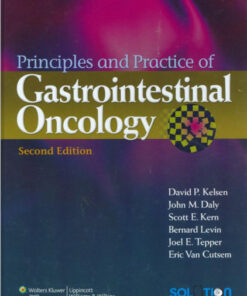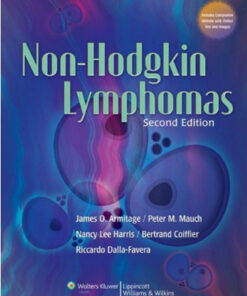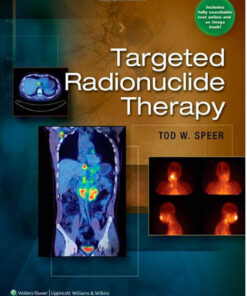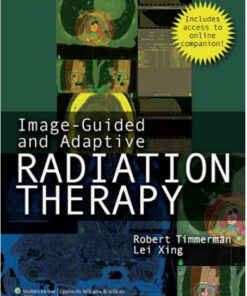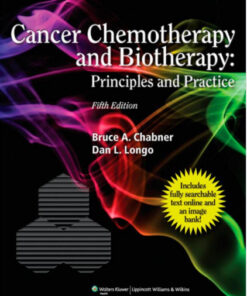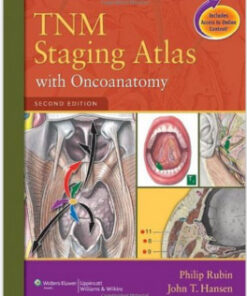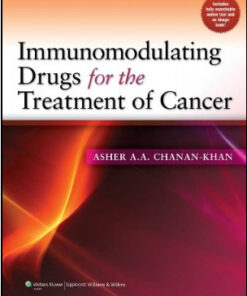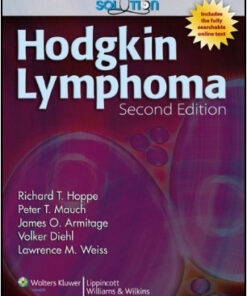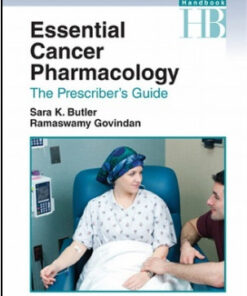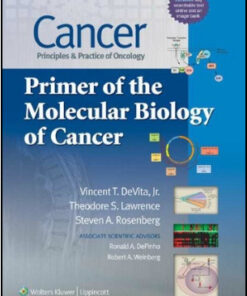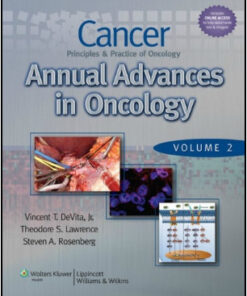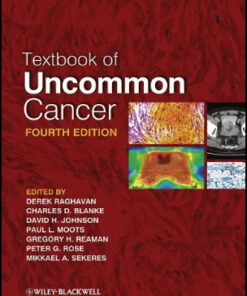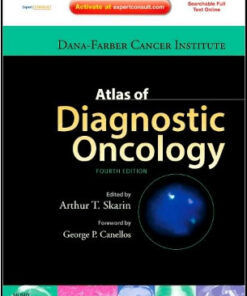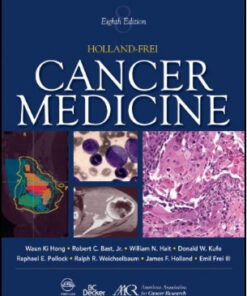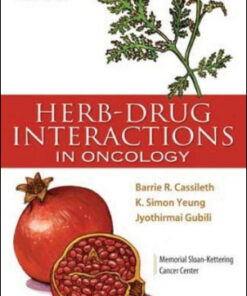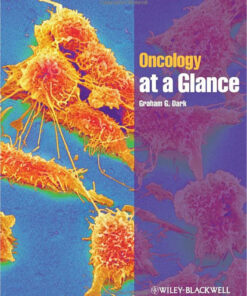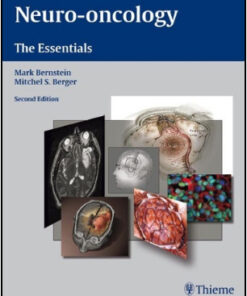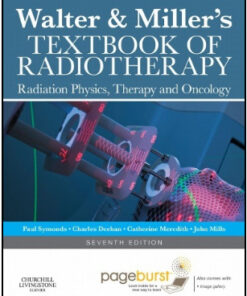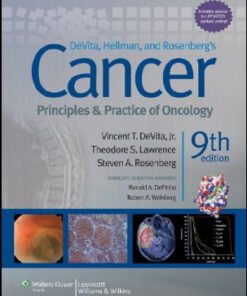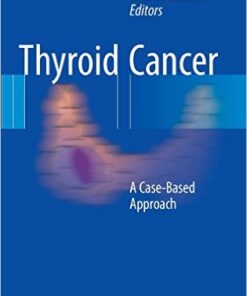ONCOLOGY BOOKS
ONCOLOGY BOOKS
ONCOLOGY BOOKS
ONCOLOGY BOOKS
ONCOLOGY BOOKS
ONCOLOGY BOOKS
ONCOLOGY BOOKS
ONCOLOGY BOOKS
ONCOLOGY BOOKS
ONCOLOGY BOOKS
ONCOLOGY BOOKS
ONCOLOGY BOOKS
ONCOLOGY BOOKS
ONCOLOGY BOOKS
ONCOLOGY BOOKS
ONCOLOGY BOOKS
ONCOLOGY BOOKS
ONCOLOGY BOOKS
ONCOLOGY BOOKS
Walter and Miller’s Textbook of Radiotherapy: Radiation Physics, Therapy and Oncology, 7th Edition
ONCOLOGY BOOKS
DeVita, Hellman, and Rosenberg’s Cancer: Principles and Practice of Oncology, 9th Edition
ONCOLOGY BOOKS
ONCOLOGY BOOKS
Introduction
Are you looking to expand your knowledge of oncology? Look no further than our list of the best oncology books. Whether you are a medical professional, student, or just someone interested in learning more about this field, these books provide an excellent source of information. From comprehensive overviews to detailed case studies, these books cover a wide range of topics related to cancer and its treatment. With clear explanations and expert advice, they will help you gain a better understanding of this complex subject. Read on to discover the best oncology books to expand your knowledge.
Overview of Oncology: A Comprehensive Guide to Cancer Treatment and Care
Oncology: A Comprehensive Guide to Cancer Treatment and Care is an invaluable resource for anyone affected by cancer. This comprehensive guide provides a thorough overview of the diagnosis, treatment, and care of cancer patients. It covers all aspects of oncology, from the basics of cancer biology to the latest advances in cancer treatments.
The book begins with an introduction to cancer, including its causes, risk factors, and types. It then delves into the various stages of cancer, from diagnosis to treatment and follow-up care. The authors provide detailed information about the different types of cancer treatments, such as chemotherapy, radiation therapy, and surgery. They also discuss the importance of supportive care, including nutrition, pain management, and emotional support.
The book also covers the latest developments in cancer research, including immunotherapy, gene therapy, and targeted therapies. It explains how these treatments work and their potential benefits and risks. Additionally, it discusses the role of clinical trials in advancing cancer treatments and the importance of participating in them.
Oncology: A Comprehensive Guide to Cancer Treatment and Care is an essential resource for anyone affected by cancer. It provides a comprehensive overview of the diagnosis, treatment, and care of cancer patients. It is written in an easy-to-understand style and includes helpful illustrations and diagrams. This book is an invaluable resource for anyone looking to gain a better understanding of cancer and its treatments.
The Latest Advances in Oncology Research and Clinical Practice
Oncology is a field of medicine that focuses on the diagnosis, treatment, and prevention of cancer. In recent years, there have been significant advances in oncology research and clinical practice that are helping to improve outcomes for patients with cancer.
One of the most important advances in oncology research has been the development of targeted therapies. These therapies are designed to target specific molecules or pathways involved in the growth and spread of cancer cells. This approach allows doctors to more precisely target cancer cells while minimizing the side effects associated with traditional chemotherapy. Targeted therapies can be used alone or in combination with other treatments such as surgery, radiation, and chemotherapy.
Another major advance in oncology research has been the development of immunotherapies. Immunotherapies use the body’s own immune system to fight cancer. These therapies work by stimulating the immune system to recognize and attack cancer cells. Immunotherapies can be used alone or in combination with other treatments.
In addition to these advances in research, there have also been significant advances in clinical practice. For example, doctors are now able to use imaging techniques such as MRI and CT scans to more accurately diagnose and stage cancer. This allows them to better plan treatment and monitor progress.
Doctors are also using precision medicine to tailor treatments to individual patients. Precision medicine uses genetic testing to identify mutations in cancer cells that can be targeted with specific drugs. This approach allows doctors to select the most effective treatment for each patient.
Finally, doctors are increasingly using minimally invasive techniques such as robotic surgery to treat cancer. Robotic surgery allows surgeons to perform complex procedures with greater precision and accuracy, resulting in fewer complications and faster recovery times.
These advances in oncology research and clinical practice are helping to improve outcomes for patients with cancer. By combining the latest research with innovative clinical practices, doctors are able to provide more effective and personalized care for their patients.
Understanding the Genetics of Cancer: An Introduction to Molecular Oncology
Understanding the Genetics of Cancer: An Introduction to Molecular Oncology is an essential guide for anyone interested in learning about the genetic basis of cancer. This book provides a comprehensive overview of the molecular biology of cancer, from its basic principles to the latest advances in research and treatment. It covers topics such as the structure and function of genes, the role of mutations in cancer, the development of cancer treatments, and the ethical implications of genetic testing.
The book begins with an introduction to the fundamentals of molecular oncology, including the structure and function of genes, the role of mutations in cancer, and the development of cancer treatments. It then moves on to discuss the various types of cancer, their causes, and the current treatments available. The book also covers the ethical implications of genetic testing and the potential risks associated with it.
In addition to providing an overview of the molecular biology of cancer, Understanding the Genetics of Cancer: An Introduction to Molecular Oncology also includes detailed information on the latest research and treatments. It discusses the use of gene therapy, immunotherapy, and targeted therapies, as well as the potential benefits and risks associated with each. It also examines the role of personalized medicine in cancer care and the importance of understanding the genetic basis of cancer.
Finally, the book provides an overview of the ethical considerations involved in genetic testing and the potential implications of this technology. It also explores the implications of genetic testing for public health and the potential impact of this technology on society.
Overall, Understanding the Genetics of Cancer: An Introduction to Molecular Oncology is an invaluable resource for anyone interested in learning more about the genetic basis of cancer. It provides a comprehensive overview of the molecular biology of cancer, from its basic principles to the latest advances in research and treatment. It is an essential guide for anyone looking to gain a better understanding of the genetic basis of cancer and the potential implications of this technology.
Exploring the Role of Nutrition in Cancer Prevention and Treatment
Nutrition plays an important role in cancer prevention and treatment. Eating a healthy diet can help reduce the risk of developing certain types of cancer, as well as improve outcomes for those who have already been diagnosed.
A balanced diet that includes plenty of fruits and vegetables is key to reducing the risk of cancer. Fruits and vegetables are rich in antioxidants, which can help protect cells from damage caused by free radicals. They also contain phytochemicals, which may help prevent cancer by blocking the growth of cancer cells or slowing their spread. Additionally, eating a variety of plant-based foods can provide essential vitamins and minerals that can help support the body’s natural defenses against cancer.
In addition to eating a healthy diet, it is important to limit the consumption of processed and red meats, as these have been linked to an increased risk of certain types of cancer. It is also important to limit alcohol consumption, as this has been linked to an increased risk of several types of cancer.
For those who have already been diagnosed with cancer, nutrition can play an important role in treatment. Eating a balanced diet can help maintain strength and energy levels during treatment, as well as help the body fight off infection. Additionally, certain foods may be beneficial for specific types of cancer. For example, cruciferous vegetables such as broccoli, cauliflower, and Brussels sprouts may help reduce the risk of prostate cancer.
Overall, nutrition plays an important role in both cancer prevention and treatment. Eating a balanced diet that includes plenty of fruits and vegetables, limiting processed and red meats, and limiting alcohol consumption can help reduce the risk of developing certain types of cancer. Additionally, eating a healthy diet can help maintain strength and energy levels during treatment, as well as provide essential vitamins and minerals that can help support the body’s natural defenses against cancer.
Managing Side Effects of Cancer Treatment: A Guide for Patients and Caregivers
Managing Side Effects of Cancer Treatment: A Guide for Patients and Caregivers is an invaluable resource for anyone affected by cancer. This comprehensive guide provides detailed information on the various side effects of cancer treatment, as well as strategies to help manage them.
The book begins with an overview of the different types of cancer treatments and their potential side effects. It then goes into detail about how to recognize and manage common side effects such as fatigue, nausea, pain, and hair loss. It also covers more serious side effects such as infection, bleeding, and organ damage. The book also includes tips on how to cope with emotional and psychological issues that may arise during treatment.
The guide also provides practical advice on how to communicate with healthcare providers, how to access support services, and how to make informed decisions about treatment. It also offers guidance on how to manage finances, insurance, and other legal matters.
In addition to providing information on managing side effects, the book also includes a section on nutrition and exercise. It explains how to maintain a healthy diet and lifestyle during treatment, as well as how to stay physically active.
Overall, Managing Side Effects of Cancer Treatment: A Guide for Patients and Caregivers is an essential resource for anyone affected by cancer. It provides detailed information on the various side effects of cancer treatment, as well as strategies to help manage them. It also offers practical advice on how to communicate with healthcare providers, access support services, and make informed decisions about treatment. Finally, it provides guidance on how to maintain a healthy diet and lifestyle during treatment, as well as how to stay physically active.
Conclusion
In conclusion, oncology books are a great way to expand your knowledge and understanding of cancer. With so many different titles available, it can be difficult to know which ones are the best. However, by researching reviews and ratings, you can find the perfect book for your needs. Whether you’re looking for an introduction to oncology or a more in-depth exploration of the subject, there is sure to be a book that meets your needs. Investing in a quality oncology book can help you gain a better understanding of this complex field and provide you with valuable insight into the world of cancer.

